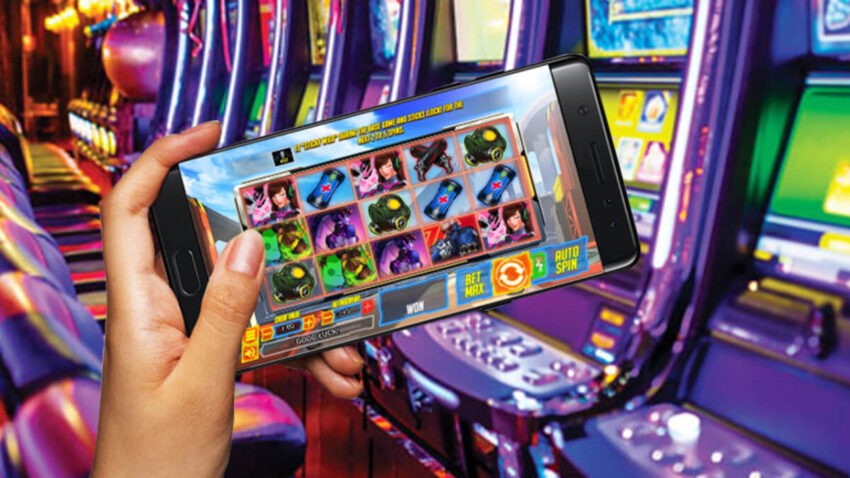Online gaming has evolved far beyond the traditional view of video games as solitary experiences or competitive arenas. Today, online games have become immersive worlds where players don’t just play—they live, interact, and form lasting social bonds https://www.frenchcookingboard.com. The transformation of online games into social platforms is one of the most fascinating aspects of their growth, as these virtual spaces are now central hubs for communication, collaboration, and cultural exchange.
The Early Days: Solo Players and Competitive Play
In the early days of online gaming, players often found themselves in solo quests or in matches against others with little more than basic text or voice communication. The gaming experience was more about the mechanics of the game itself rather than the people playing it. Titles like World of Warcraft (2004) and Counter-Strike (1999) began to lay the groundwork for online socialization, introducing multiplayer environments where players could work together or against each other. But even then, the interactions were still primarily based on game objectives, with limited social bonding beyond team cooperation or competition.
Emergence of Online Communities
As technology advanced, the concept of online communities within games began to emerge. In-game chat rooms, guilds, and clans provided players with the opportunity to connect with others who shared similar interests or playstyles. World of Warcraft was one of the first games to truly capture this idea by allowing players to join guilds, embark on quests together, and communicate via in-game voice chat. These virtual communities formed tight-knit bonds, making the game feel more like a second home.
Online games like Second Life (2003), a virtual world simulation, further pushed the boundaries of social interaction in games. It wasn’t just about the game itself—it was about the culture that developed within it. Players could create avatars, build homes, attend virtual events, and even run businesses. Second Life showcased how online gaming could become a platform for self-expression, creativity, and socialization.
Social Media Integration and Streaming
The integration of social media and streaming platforms has further revolutionized the social aspect of online gaming. Platforms like Twitch, YouTube Gaming, and Discord have become central hubs where players can not only engage with games but also with one another. Streaming platforms have allowed gamers to build communities around specific games or personalities, giving rise to influencers and content creators who have millions of followers. These streams are not just about gameplay—they’re about fostering interaction between the streamer and viewers through live chats, reactions, and the creation of fan communities.
Discord, in particular, has transformed the way gamers communicate, providing voice chat, video calls, and text messaging within a platform dedicated to gamers and their communities. It has become a central space where players can meet friends, organize group play sessions, and share tips or fan art.
Cross-Platform Play and Global Communities
Another significant development in online gaming is the rise of cross-platform play. Games like Fortnite, Minecraft, and Call of Duty: Warzone allow players on different consoles or devices to play together, breaking down barriers that once separated communities based on hardware. This has fostered more global communities, where players from diverse cultures can unite to play, collaborate, and compete.
The ability to play with friends regardless of their gaming system has made multiplayer gaming more accessible and enjoyable, contributing to an even more interconnected world of gamers. With the expansion of these global communities, players can now share experiences and build friendships with others across continents, leading to the creation of new online cultures and shared experiences that transcend the game itself.
The Future: Virtual Reality and Metaverses
As virtual reality (VR) and augmented reality (AR) technologies continue to advance, the future of social interaction in online games looks increasingly immersive. VR platforms like VRChat are already providing experiences where players can meet in fully realized 3D environments, interact with each other, and even attend virtual events. These experiences create a sense of presence that is far beyond traditional gaming.
The rise of the “metaverse,” a virtual universe where people can live, work, and play in an interconnected digital world, is likely to change the landscape of online games forever. Major companies like Meta (formerly Facebook) are investing heavily in building metaverse spaces, where social interaction in games will merge with other aspects of daily life—such as shopping, education, and socializing.
